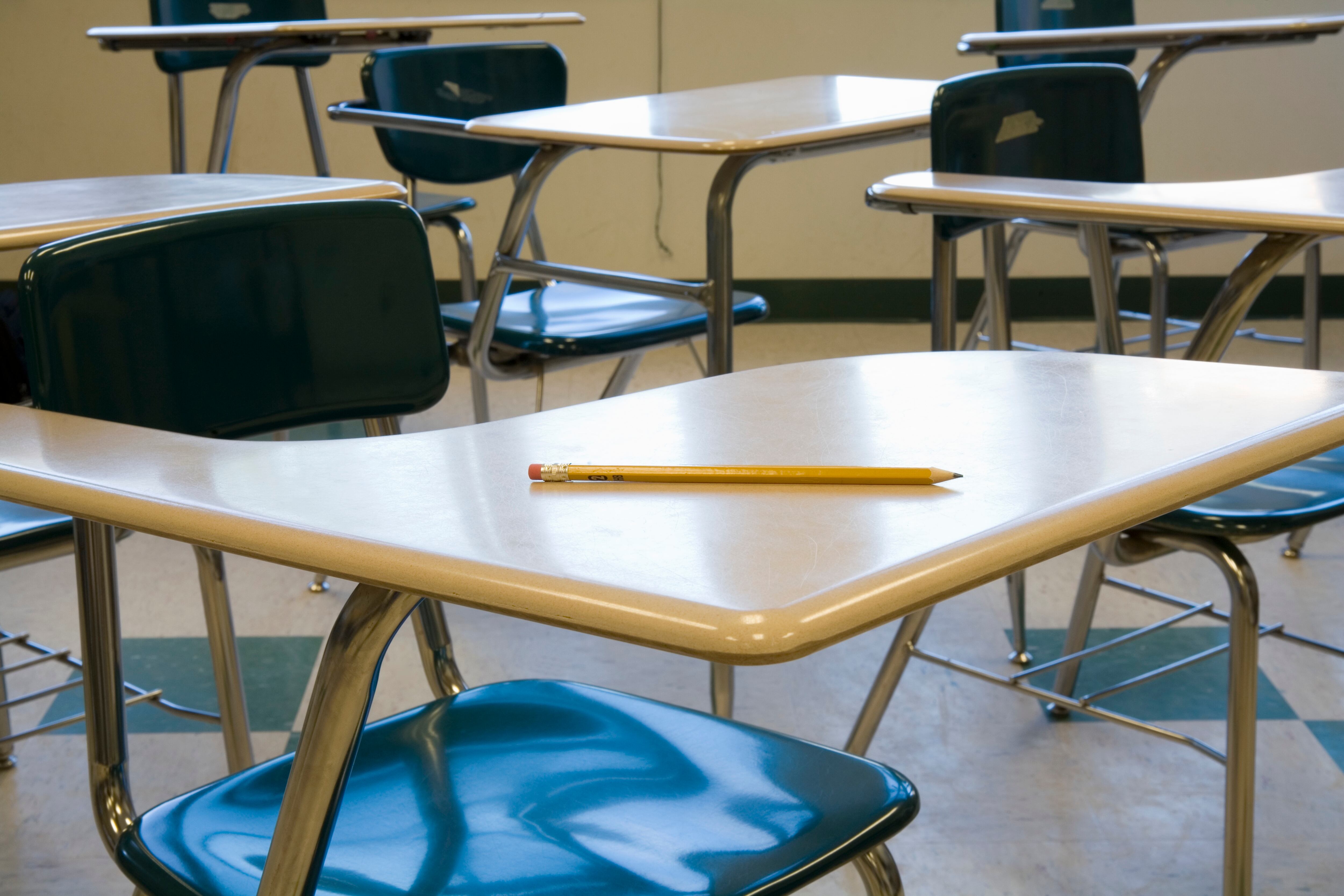Sign up for Chalkbeat Colorado’s free daily newsletter to get the latest reporting from us, plus curated news from other Colorado outlets, delivered to your inbox.
Despite testimony that one Colorado lawmaker called “horrifying,” a bill to ban the practice of shutting students alone inside rooms was defeated at the state Capitol.
State Rep. Regina English, a Colorado Springs Democrat and the main sponsor of House Bill 1167, asked last week that her fellow lawmakers postpone the bill indefinitely, effectively defeating it.
With just days left in this year’s legislative session, English said the bill was experiencing too much last-minute pushback from defenders of the practice known as seclusion.
Though English didn’t name names, a handful of school district and special education administrators had defended the practice to lawmakers in a hearing last month. The administrators described seclusion as a “last resort” measure that is sometimes necessary.
English pledged to introduce a new bill banning seclusion next year.
“It is my mission to make sure Colorado is the ninth state in the nation to ban this horrific practice used against our students,” she told the House Education Committee last Thursday.
The committee voted unanimously to defeat the bill. Several lawmakers said they were voting against the bill reluctantly and only at the sponsor’s request. They praised English for her courage and said they agreed that seclusion is wrong.
“The testimony we heard was horrifying,” said Rep. Barbara McLachlan, a Durango Democrat and chair of the House Education Committee. Seclusion, she said, “shouldn’t ever be happening.”
Under current law, Colorado schools are allowed to seclude students in rooms with the door closed. Staff must monitor students through a window or by video camera. Seclusion rooms must be “free of injurious items” and cannot otherwise be used for storage, custodial, or office space.
Students are often placed in seclusion because of their behavior. Available state data shows that young students with disabilities are disproportionately secluded.
English said a case at a popular Denver middle school called McAuliffe International School spurred her to sponsor the bill. An investigation by Denver Public Schools found that McAuliffe staff were placing students in seclusion without proper supervision. A former Denver school board member told lawmakers that the seclusion room at McAuliffe “reminded me of a prison.”
The former board member, Auon’tai Anderson, was among the parents and elected officials who testified last month in favor of the bill to ban seclusion. The most emotional testimony came from mothers who said their children with disabilities had been secluded.
The mothers spoke about how their children soiled themselves inside seclusion rooms because they were so scared and how, even years later, their kids had nightmares and post-traumatic stress disorder.
Parents said they were unaware their children were being secluded, in part because the schools didn’t use the word seclusion. Instead, schools referred to the rooms in which their children were shut inside by innocuous names like “the relaxation room” and “the opportunity room.”
Melanie Asmar is the bureau chief for Chalkbeat Colorado. Contact Melanie at masmar@chalkbeat.org.






